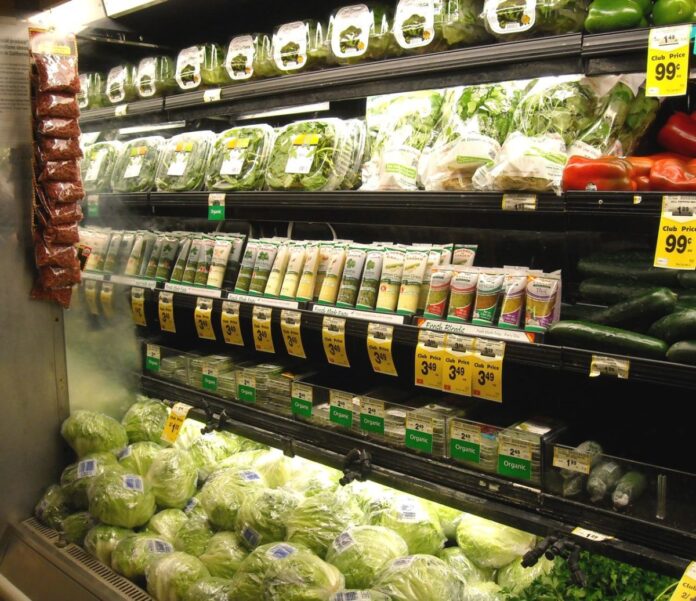One apple a day will keep the doctor away. True, fruits and vegetables are crucial to our health. The importance of vegetables and fruits in the diet is immeasurable. More than 100 different phytochemicals, useful for general health, are present in one portion of vegetables or fruits, and most of them are antioxidants. They protect our body from harmful free radicals in the body and have the ability to strengthen immunity. Vitamins and minerals participate in metabolic processes, in the work of the heart muscle, in the development of the brain, affect the improvement of immunity, and ensure the proper functioning of the organism. In addition to being a delicious part of meals, fruits and vegetables have an amazing good and healthy side. People who eat a variety of fruits and vegetables are generally less likely to suffer from chronic diseases such as heart disease, diabetes, stroke, and certain types of cancer. Fruits and vegetables offer a spectacular variety of flavors, textures, and nutrients.
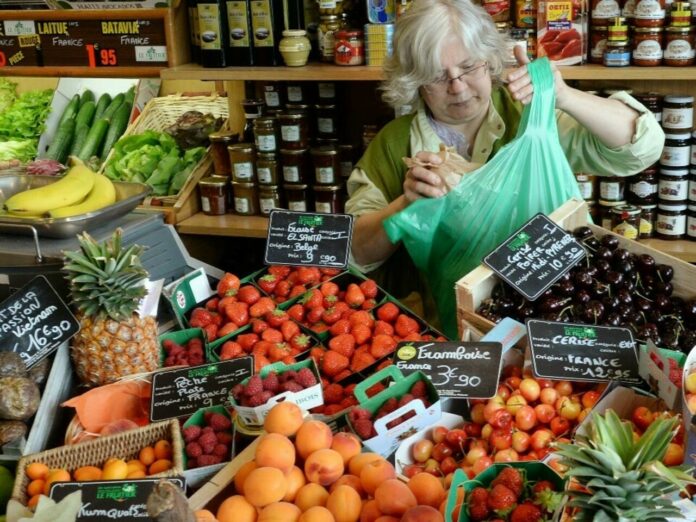
Modern production and processing offer the market many foods that are not the best from a nutritional and health point of view. More and more refined and instant food is being consumed, from which important ingredients (vitamins, plant fibers, minerals) have been removed. Consumption of refined foods and the increasing use of fats (with trans-fatty acids) and foods low in plant fiber is a significant factor in the development of diseases of “modern civilization”. Do we know where these foods come from, how much chemicals are used to produce them, and how much they all contribute to our health if we add the fact that the prices of certain products are extremely high?
The main risks and what exists as fear among consumers when consuming fruits and vegetables is that they do not take in toxic substances in the form of pesticide residues, chemicals, but also environmental contaminants. It is a justified fear and apprehension of all consumers when it comes to fruits and vegetables. It is for this reason that we often ask ourselves whether it may be better to avoid this type of food, given that it is generally too chemically treated.
We often wonder if it is better to buy fruits and vegetables packed in bags or not. Here are some facts to help you decide.
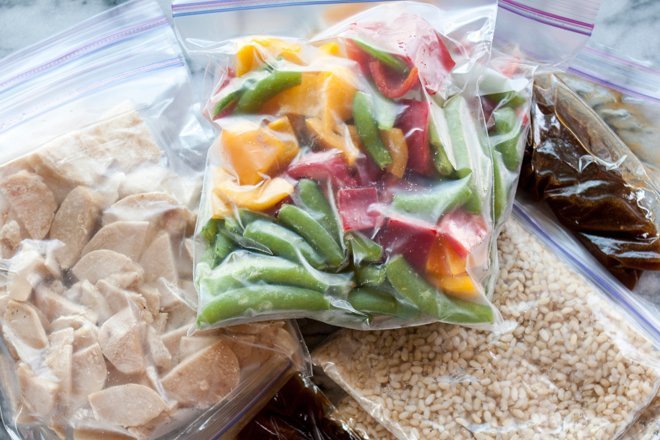
1. Many plants keep their freshness in packaging
The fact is that many plants keep their freshness in packaging. In addition, smaller quantities are usually packaged and consumed a few days after opening, before they begin to decay.
2. They are convenient to take away
Packaged groceries are easy to take to work, a trip, or anywhere. This way you will make it a habit to eat healthily.
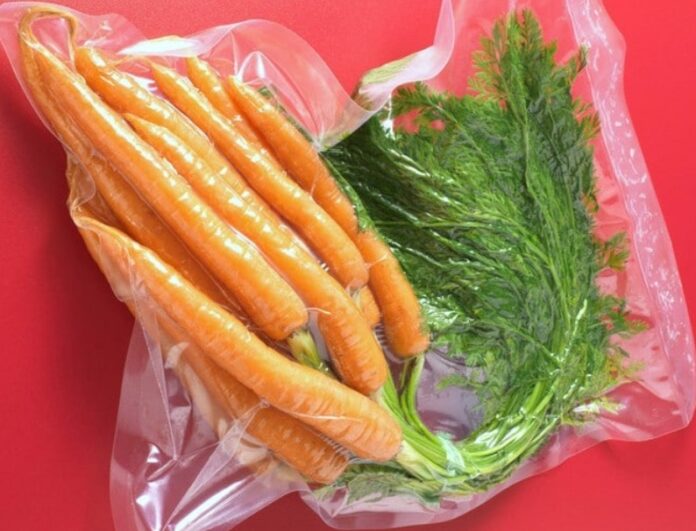
3. Declaration
When buying packaged foods, it is very likely that you will pay attention to the country of origin and method of cultivation, which, you must admit, is very important if you are trying to live a healthy life.
4. Fresh foods are best
Remember that fresh is best. Fresh products are the healthiest in terms of vitamins and nutrients. Out of season, frozen products are a pretty good second choice. The products are first harvested, washed, and immediately frozen at high temperatures, so they do not lose much of the nutrients because there is no additional preparation and processing. Canned fruits and vegetables, although healthy, should be the last on your list of foods because all vitamins C and B are destroyed during cooking.
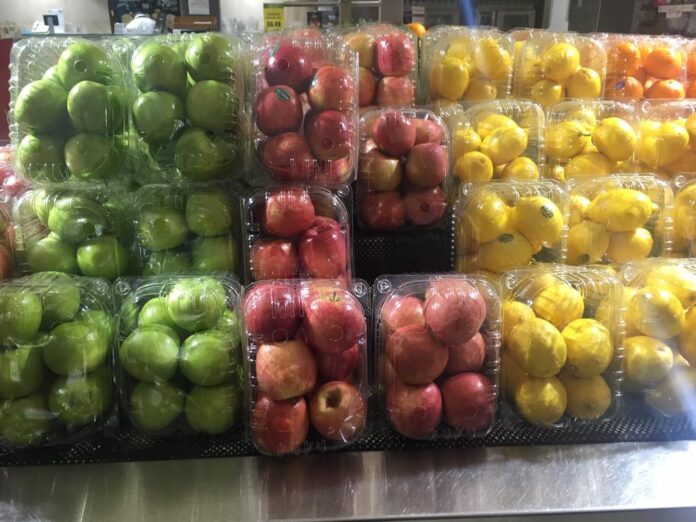
In supermarkets and greenmarkets throughout the year, you can find fruits and vegetables that are specific to a particular region and whose fruits arrive exclusively at a certain time of year. So how do we eat strawberries all year round, even in winter? The answer is simple – various cultures are imported from countries around the world. What is important to say is that things are not always as they seem. What we want to say is that these goods are subject to many chemical treatments in order to maintain a perfect appearance, but also to prevent decay and rot during transport. So think twice before you buy something.
Lately, we can often hear about organic production. Organic food is grown in accordance with certain regulations for organic farming. It is a system of sustainable agriculture based on a high respect for environmental principles through the rational use of natural resources, the use of renewable energy sources, conservation of natural diversity, and environmental protection. It seeks to establish a closed system of plant and livestock production.
Thus, organically produced food retains a natural taste that is usually more intense than chemically treated crops. In organic production, the use of alternative pesticides is strictly limited to some very benign use of plant protection products that are used only on special occasions. This is the reason why organic products are smaller and imperfect in shape. Keep in mind that looks can often be deceiving. You can visit greensoulorganics.com.au to find out if there is any fruit shop in Frankston that delivers food all over the country.
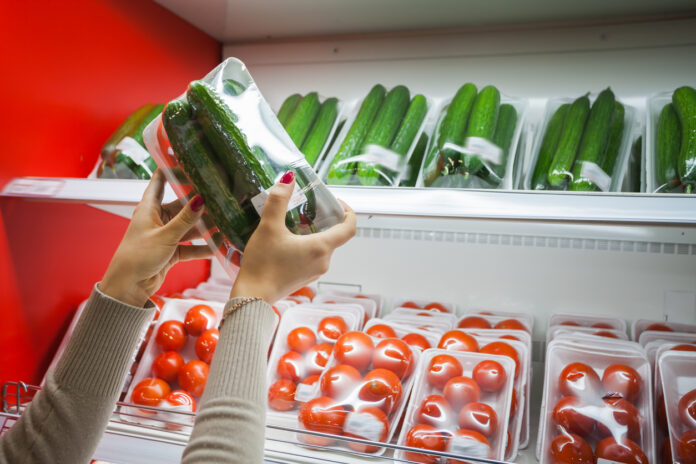
Research has been conducted on the benefits of fruits and vegetables over increasingly used supplements. The main thesis is that nutrients, ie. beneficial substances for our bodies and health in fruits and vegetables work together. It has been shown that vitamin supplements are simply not as useful for us and our body as fruits and vegetables. When introducing fruits and vegetables into the diet, it is important to remember that diversity is key to achieving the best results.
Today, there are many who are engaged in the production of organic food, and it is very important that they have certificates that confirm this. The freshness of fruits and vegetables is very important. By standing, inadequate storage and transport, a significant part of nutritional values, ie vitamins and minerals, is lost. There are also fruits that can be picked green so that when ripe, they ripen and do not affect the nutrients it contains, these include bananas, mangoes, avocados or, for example. tomatoes, when it comes to vegetables. So, choose proven producers and provide yourself and your family with quality meals.

